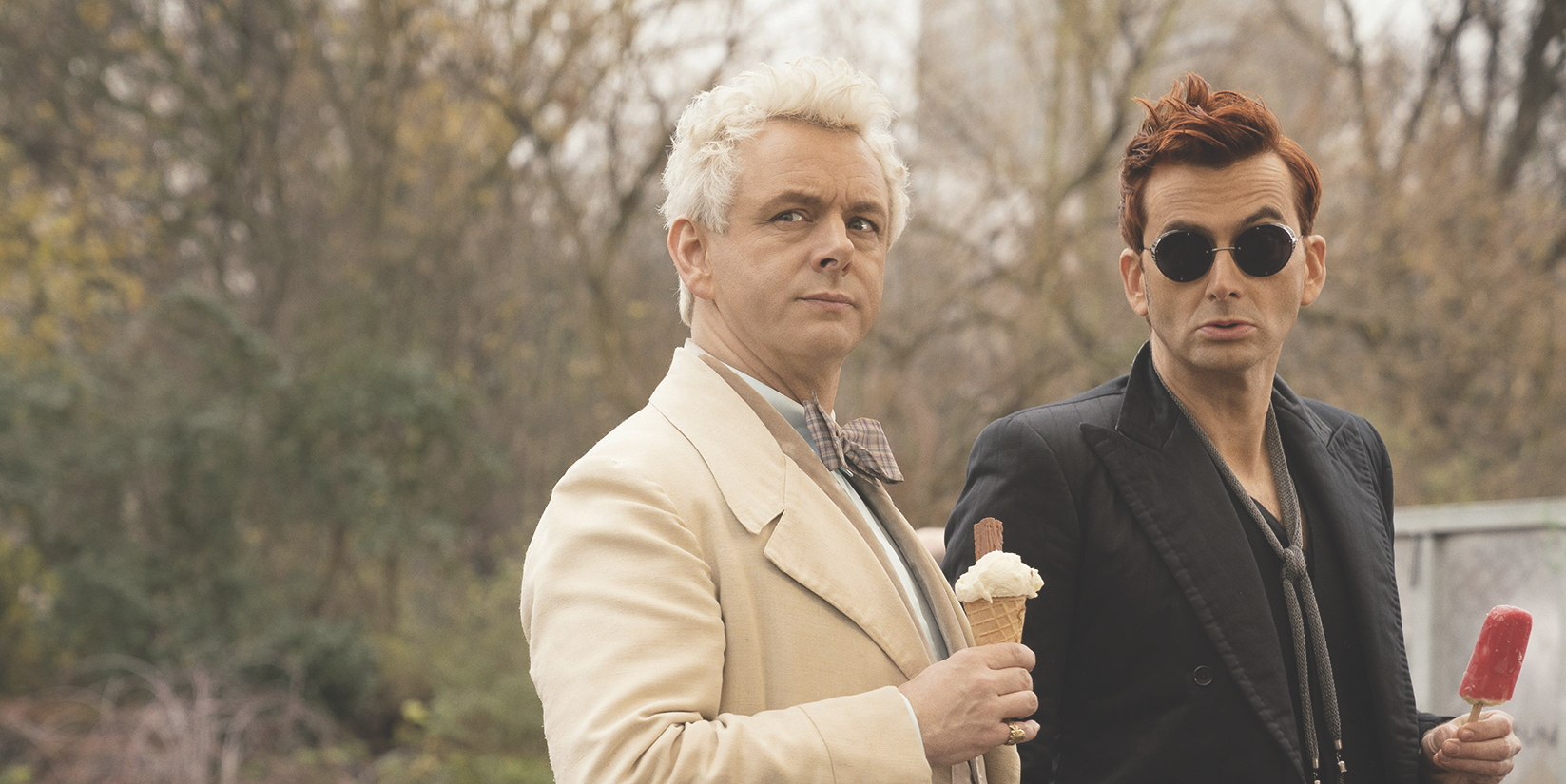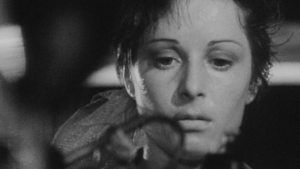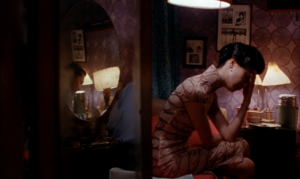In May 2019, Amazon Prime released Good Omens, a six-part series based on the 1990 book by Terry Pratchett and Neil Gaiman. The show follows the adventures of an angel, Aziraphale (Michael Sheen), and a demon, Crowley (David Tennant), who were originally sent to wait on Earth until the end of days. However, when it seems the end is nigh, they decide instead to intervene – upsetting the divine plan (be it that of Heaven or Hell) so that they can maintain the lives they’ve come to enjoy. And also to save the world’s population.
The series was a success for the streaming service, gaining favourable reviews and, to date, three Emmy nominations. However, support was not universal, with a notable group particularly opposed to the production and its release. According to a June report in The Guardian (a story that was also circulated among many international media outlets), ‘[m]ore than 20,000 [Christian] supporters’ signed a petition to have the series removed, arguing that the series was ‘another step to make Satanism appear normal, light and acceptable’ and that it ultimately ‘mocks God’s wisdom’. In particular, the signatories were outraged that God was voiced by a female actor (Frances McDormand); that one of the series’ protagonists, the young antichrist (Sam Taylor Buck), is depicted as a mere ‘normal kid’; and that ‘this type of [series] makes light of Truth, Error, Good and Evil, and destroys the barriers of horror that society still has for the devil’.
The protest made headlines – not so much for its religious objections, but rather for a finer piece of detail: the petition was addressed to Netflix, not Amazon Prime. As a result, it was met with mockery rather than debate or any kind of official response. Gaiman himself even tweeted: ‘I love that they are going to write to Netflix to try and get #GoodOmens cancelled. Says it all really,’ and ‘This is so beautiful… Promise me you won’t tell them?’
Notwithstanding the importance of such specifics when trying to incite change (it is, in fact, very important to direct complaints to someone who can actually do something about them), the incident again reminds us of the thorny relationship between religion and the screen. Famously, in 1965, a George Stevens film declared the four Gospels’ plot to be The Greatest Story Ever Told – although, both before and since then, a variety of religious parables, characters and doctrines have been turned into film, television and on-demand works. From the duelling biblical musicals Jesus Christ Superstar (Norman Jewison, 1973) and Godspell (David Greene, 1973), to parodies like Monty Python’s Life of Brian (Terry Jones, 1979) and Dogma (Kevin Smith, 1999), stories incorporating religious elements have proven to be equal parts crowd-pleasers and thought-provokers. Sometimes, such works elicit serious opposition as well, but what remains curious is why stories using religion or religious ideas, particularly based on Christian doctrine, keep being made.
Perhaps one obvious explanation is the leap of faith (sorry) that religious stories require. That is, the necessary unknowns of religion leave plenty of room for ambitious screen content producers to take creative licence. These are also stories and characters that have been so widely circulated that even non-theistic members of society are likely to have some familiarity with them.
A month before Good Omens was released, Philip Almond, an emeritus professor in the history of religious thought at The University of Queensland, returned to the topic of religion on screen using the then-upcoming fortieth anniversary of Life of Brian as a lead-in. Reviewing that depiction of religion and the subsequent backlash at the time, he argued:
The virtue of [Life of Brian] today is its capacity to offend a whole new generation of viewers for different reasons. It is now more likely to be criticised for breaching the boundaries of ‘political correctness’ around issues of gender, race, class and disability than blasphemy.
While Almond’s dismissal of blasphemy as a contemporary concern doesn’t hold up against the case of Good Omens, it does raise another interesting question: one relating to representation more generally. Depictions of religious stories on screen tend to require the ‘translation’ of non-human entities into human form – which, by extension, brings into focus power relationships that human representations encompass. Not only are issues of gender, race, class and ability included here, but also sexuality, taste and cultures of spirituality more broadly.
Returning to Good Omens, what is on offer here is a particularly refreshing take on older debates, like witchcraft versus religion. In the series, an important ‘saviour’, for instance, is Anathema (Adria Arjona), a woman whose practice would once have seen her killed. Yes, we’re talking about stories on television and other screens. But, with these media only becoming more ubiquitous in our lives, we have to heed the insights they provide as to how times have changed in terms of visibility and visualisation – and in what ways we’re willing to let wisdom preside.





